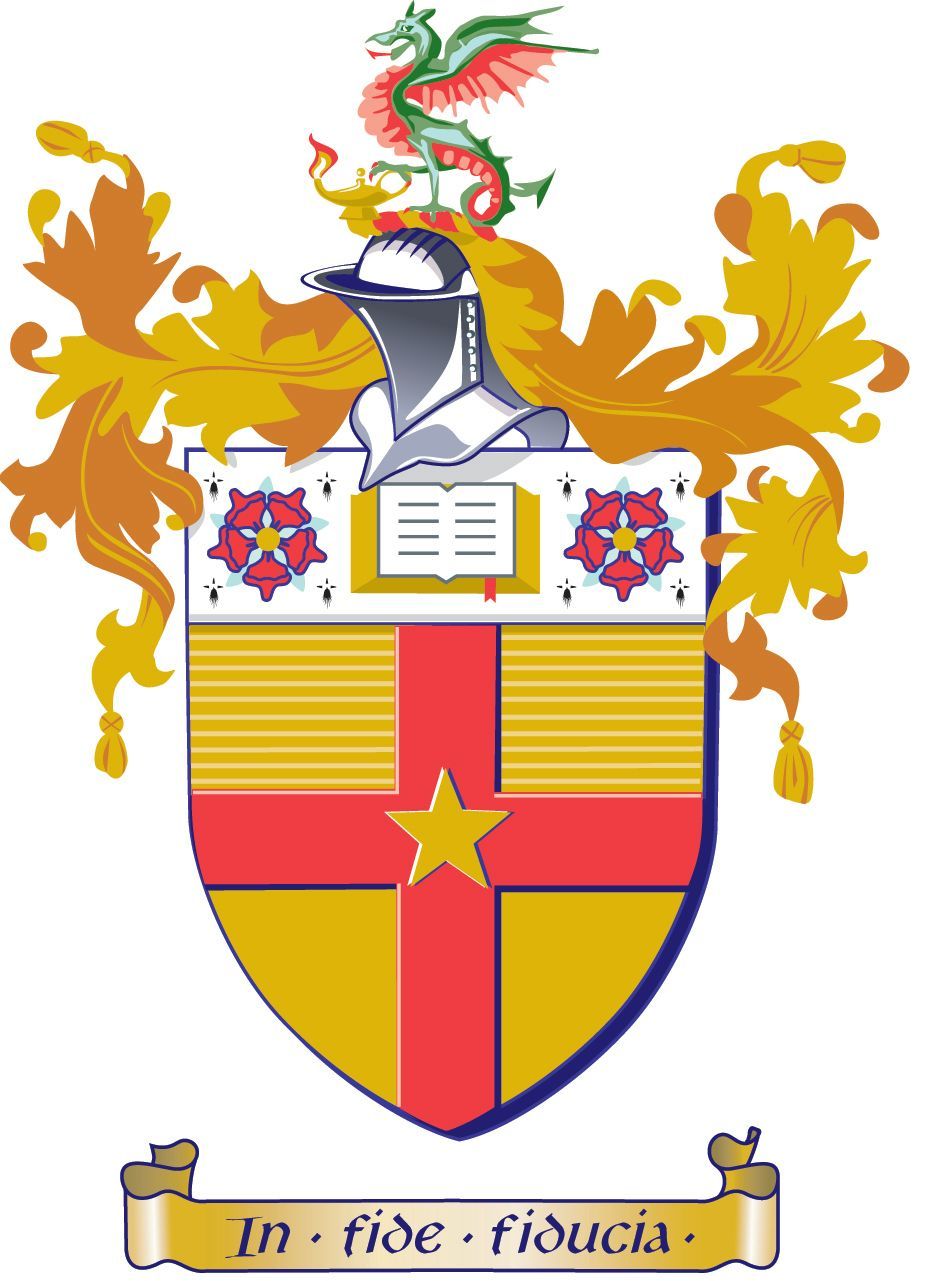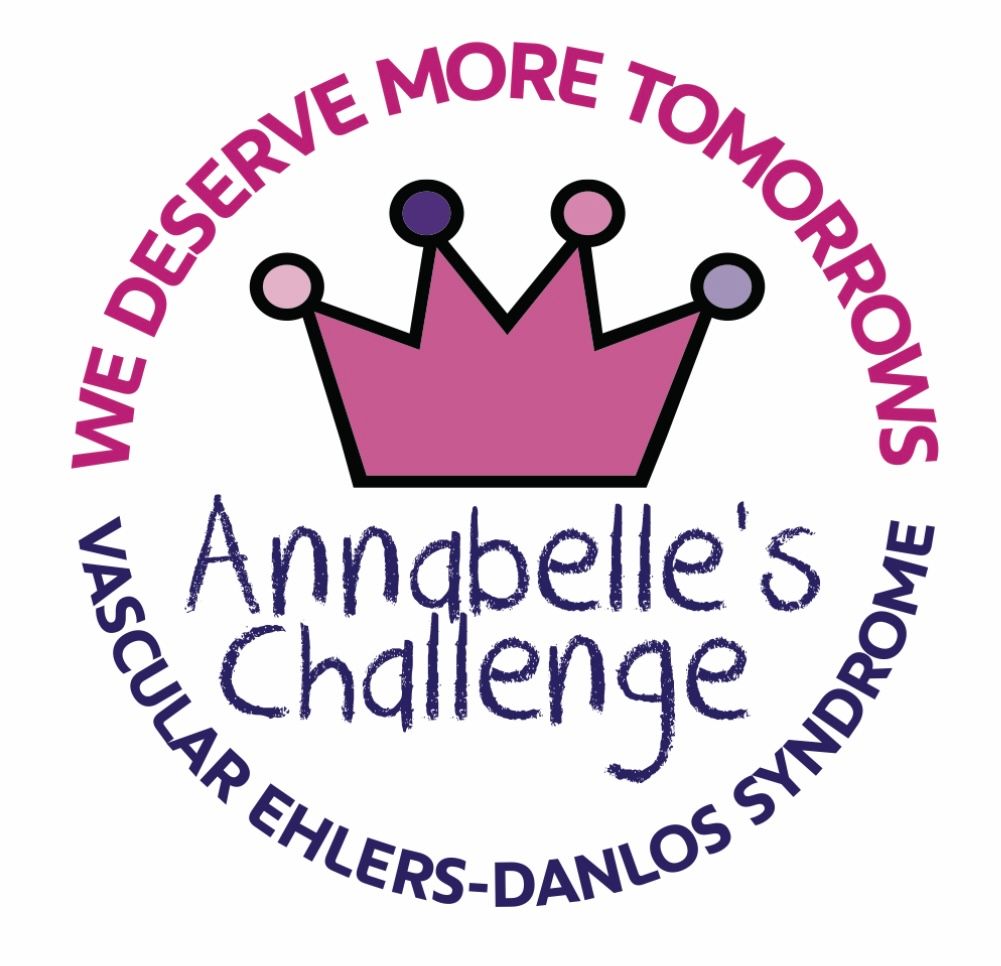School Support
Supporting your child & school with vascular EDS
If your child has already started nursery / school (or will be doing) and has been diagnosed with vascular EDS you should arrange a meeting with their teacher, staff and the SEN co-coordinator (SENCo) as soon as possible. We can arrange a meeting to discuss the diagnosis and the changes that might need to be implemented.
Although their maybe some limitations to physical activities, it is important that opportunities to maximise participation are provided. This would ensure the best learning environment so that a pupil with vascular EDS is empowered to lead a full and rewarding life during their school experience.
Children vary in how they cope with vascular EDS and some may need extra help to manage the condition that another child is able to handle by themselves.
We provide support to every educational setting across the UK, this includes:
- Information and guidance on vascular EDS presented to teachers and staff.
- Help with implementing an Individual Healthcare Plan (IHP).
- Transition to Primary/Secondary School / College.
- Guidance and advice on inclusion including Early Help / TAF meetings.
- Support for University students.
- Risk Assessments including PE and school activities.
- Medical Emergency Information.
- School trips / PGL.
- Translated Emergency Information for Medical Professionals.
- Ambulance Medical Marker.
- Pre-meeting with parents/carers prior to school visit.
- VEDS Emergency Pack.
- Support for SENCo (ALNCo in Wales), Teaching Assistants/Wellbeing Officer/Pastoral Care.
School Support
Vascular EDS is a rare genetic condition and it is highly likely your nursery/school has never come across a child with this condition.
We are here to provide direct support, advice and guidance to teachers and staff across the UK and Ireland, including a visit by representatives from the charity to present to the staff and SEN team about vascular EDS, this normally takes place within 1-2 weeks of requesting a visit.
Currently, 150 children with vascular EDS are being supported by our charity. We have a bespoke presentation that has been utilised in over 70 educational settings, across all age ranges and we usually have meeting appointments available between 11am and 4pm.
In exceptional circumstances we can provide a presentation to staff online via Teams or Zoom. We can only provide this if you have a working microphone and camera, this will aid communication between the school staff and the Annabelle's Challenge team during the meeting.
Please allow 45 minutes for the presentation and any Q&A's.
Book a visit from Annabelle's Challenge:
Request School Meeting

Special Educational Needs Coordinator (SENCo)
A SENCo, or Special Educational Needs Co-ordinator, is the school teacher who is responsible for assessing, planning and monitoring the progress of children with special educational needs and disabilities (SEND).
The SENCo will then be the person who liaises with you, the teachers and teaching assistants about your child's needs with vascular EDS.
In Wales the SENCo is also known as an additional learning needs coordinator (ALNCo), or an additional support coordinator.
Individual Healthcare (IHP) Plan
Individual Healthcare Plans (IHP) are documents drawn up involving people who might be required to contribute to a child's care while at school.
An IHP is essential with for a child who has vascular EDS.
The plan is intended to set out what sort of support your child needs to participate in school life just like other children. It's a written document that specifies what sort of help the school can provide for your child – for example, what to do in a medical emergency.
When developing an IHP the following should be considered:
- The child’s resulting needs, including medication.
- The level of support needed.
- Who will provide this support and their training needs.
- Arrangements for school trips or other school activities.
- What to do in the event of an emergency, including who to contact and contingency arrangements.
Schools in Wales use an Individual Development Plan (IDP).
Education, Health and Care Plan (EHCP)
An education, health and care plan (EHCP) is for children and young people aged up to 25 who need more support than is available through special educational needs support.
EHCP's identify educational, health and social needs and set out the additional support to meet those needs.
Requesting an EHC assessment
You can ask your local authority to carry out an assessment if you think your child needs an EHCP.
A young person can request an assessment themselves if they’re aged 16 to 25.
A request can also be made by anyone else who thinks an assessment may be necessary, including doctors, health visitors, teachers, parents and family friends.
If they decide to carry out an assessment you may be asked for:
- any reports from your child’s school, nursery or childminder
- doctors’ assessments of your child
- a letter from you about your child’s needs
The local authority will tell you within 16 weeks whether an EHCP is going to be made for your child. For more information, or to apply for an assessment, visit the
GOV.UK website.
Teaching Assistant (TA)
In some cases consideration should be given to applying to your local authority to fund a one to one support. The teaching assistant (TA) would provide the essential 'eyes and ears' in the event of any significant change in your child's health that might otherwise go unnoticed by the teacher busy with a classroom full of children.
We understand that some children with vascular EDS will feel uncomfortable being assigned a TA especially in secondary school, therefor it is essential to make all the teaching and school staff aware of the condition and an appropriate healthcare plan is put in place. We can support you with this.
University Students
If you are a university student diagnosed with vascular EDS we can help. We can talk to your wellbeing officer to ensure suitable arrangements are put in place such as an ambulance medical marker, health care plan and reasonable adjustment plan.
Some students with vascular EDS suffer from fatigue or may have to attend clinic appointments which could impact on your assignments, in these exceptional circumstances you can apply for an extension to an assignment deadline through personal mitigating circumstance (PMC).
Last Updated: January 2026.


In memory of Carl George
Our school support programme was established in 2017 following the tragic loss of Carl George, a much loved pupil at The Leys School in Cambridge and an avid member of The Leys CCF.










